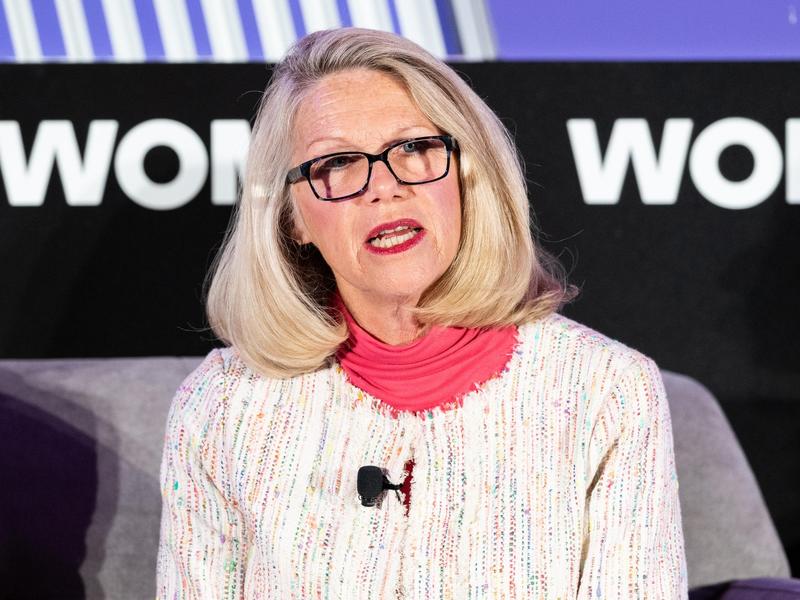
Last week’s raids by the FBI on the home, hotel room, and office of President Trump’s personal lawyer and close adviser Michael Cohen underscore that the investigation by Special Counsel Robert Mueller and the U.S. Attorney for the Southern District of New York are now reaching the innermost concentric circles of Trump’s orbit. And there may not be much the president can do to stop it.
Investigators now have computer files as well as banking and telephone records and, possibly, tapes or audio files, given Cohen’s apparent habit of recording conversations. This has become an even more immediate threat to the president, certain members of his family, former campaign officials, and Trump Organization executives—on top of a guilty plea by Trump’s former national security adviser, Michael Flynn, and indictments of his campaign manager Paul Manafort and senior adviser Rick Gates.
Even though much of what is being investigated has little to do with Russian efforts to influence the outcome of the election, it is a time-honored tradition for prosecutors to find unrelated transgressions in order to apply pressure to get people to sing like canaries, going for the bigger fish. Subpoenas are flying like confetti at a political convention.
Reportedly and not surprisingly, the president is enraged, and it appears that the number of those who are willing and able to convince Trump not to fire Deputy Attorney General Rod Rosenstein and Robert Mueller is diminishing. Some believe it is only a matter of time—perhaps just hours or days—before Trump does it.
George Stephanopoulos’s interview with former FBI Director James Comey, which aired Sunday night on ABC, along with Comey’s book, A Higher Loyalty: Truth, Lies and Leadership, to be released on Tuesday, will only turn the heat up even closer to the boiling point (although I think Comey would have served himself better if he had toned down his language by about 20 percent).
These investigations are getting dangerously close to the president himself. Obviously there would be a firestorm if Rosenstein and Mueller are fired—the media and many in Congress would go crazy—but some suggest that Trump has little choice. Either he can fire Rosenstein and Mueller immediately, or it will be too late and he will wish he had. Putting aside the many ethical, legal, moral, and political reasons not to fire them, arguably the risk is too high for him not to. Does anyone really expect Trump to sit idly by and let the process work?
One problem is that it might require firing more people than just Rosenstein and Mueller. The case can be made that he would also need to fire or replace Attorney General Jeff Sessions, the solicitor general, the head of the Justice Department’s Criminal Division—as far as it takes to find someone who can and will fire Mueller, potentially leaving the DOJ leaderless.
Even firing Rosenstein and Mueller and issuing pardons to whoever needs them might not solve the problem. First, the investigation is not limited to Mueller’s office, as the U.S. Attorney for the Southern District of New York ordered the raid on Cohen. Certainly an attorney general or acting attorney general sympathetic to the president could shut that down too, but it just complicates things.
And keep in mind, the president cannot pardon someone for a conviction of a state, as opposed to federal, crime. Eric Schneiderman, the aggressive Democratic New York state attorney general, may be able to pick up anything involving Michael Cohen and plenty of other matters without missing a beat. Some attorneys have noted that having an investigation independent of the Mueller probe could get around some of the attorney-client privilege issues that have arisen.
As David Ignatius noted recently in The Washington Post, even if Trump fires Mueller, the chief judge of the U.S. District Court in Washington could plug in a new prosecutor, maybe even Mueller himself, to pursue the case. Ignatius points back to the Watergate scandal: After President Nixon fired independent prosecutor Archibald Cox, the chief judge of the U.S. District Court for the District of Columbia, John Sirica, intended to name a new special counsel oversee the two Watergate grand juries, but things just didn’t get far enough for that to happen. Beryl Howell, the current chief judge, could certainly step in—though there could be a real separation-of-powers problem with this approach, if the judiciary steps into the executive branch’s territory.
In other words, there is no single outcome that saves Trump, no silver bullet that he or someone on his behalf can fire, that would make these problems go away.
This story was originally published on nationaljournal.com on April 19, 2018









Subscribe Today
Our subscribers have first access to individual race pages for each House, Senate and Governors race, which will include race ratings (each race is rated on a seven-point scale) and a narrative analysis pertaining to that race.